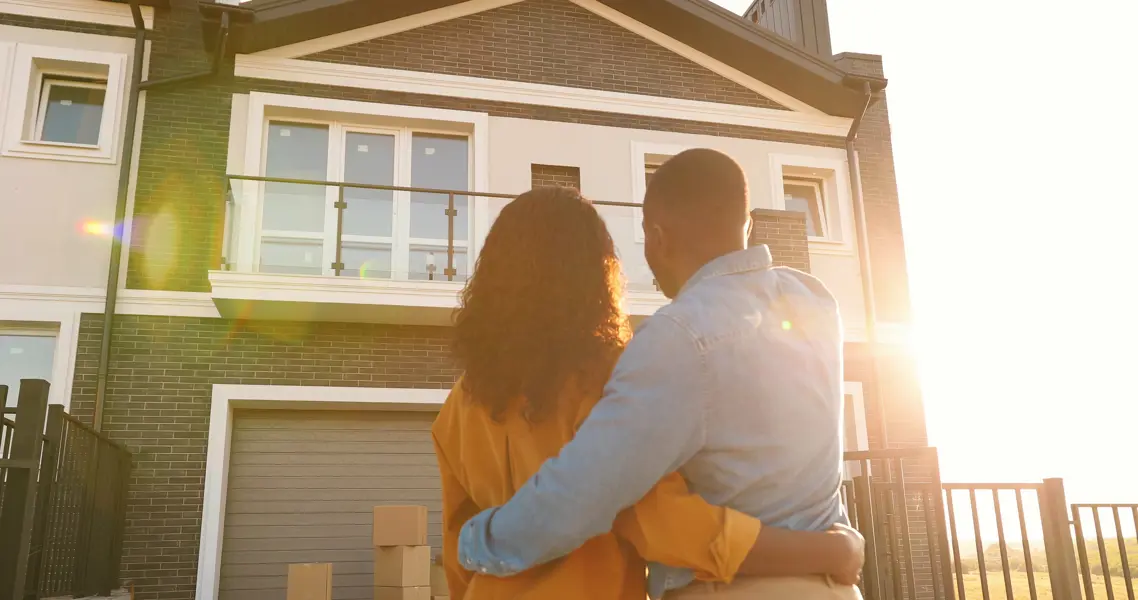5 Signs You're Financially Ready for a Second Home
Residential

By continuing, you agree to our terms of use and privacy policy
Instructions on how to reset your password will be sent to the email below.
Your password reset link has been sent. Please check your inbox and follow the instructions provided.

Want your property SOLD? There is no better opportunity this summer! Our Bid Day Out auction is geared to get you more!
Residential

New Zealand families must consider the additional property’s financial implications. How do you know if you’re ready for the commitment? Here’s how to tell if you’re financially ready to purchase a second home and budget-friendly tips to increase your confidence.
Owning a second home has many benefits. An additional property can house tenants and generate income, which can offset mortgage costs. You could lease the residence for short-term rentals, especially during holiday seasons. New Zealand’s diverse landscapes mean you could own an enticing asset on the coast or in the mountains.
A second home could be worthwhile if you’re planning for retirement or helping your children. Buying properties in growing areas could save money before demand drives prices higher. The average New Zealand home is worth over $880,000, so your purchase could be a strategic investment. Regardless of your motivation, the financial opportunity is worth exploring.
Before viewing listings, it’s essential to evaluate your financial situation. A second property means extra responsibilities, so be objective and look at the numbers. Here are five key indicators you’re ready to take the next step.
First, check your existing mortgage to understand your equity. Lenders will review how much you owe before deciding on your approval and interest rates. More equity can improve your standing because the bank takes on less risk by granting your mortgage. Experts say lenders let you borrow up to 80% of your equity, making a second property more feasible.
A stable income is vital when determining whether you’re ready for a second home. Lenders like to see consistent cash flows from your job and other income sources. You may have business investments, freelance work and dividends to boost your viability. These financial buffers let you cover mortgage payments and unexpected expenses more easily.
A robust emergency fund and savings account means you may be ready for a second home. Experts say about $10,000 to $20,000 is a realistic emergency fund for most people. It ensures you have enough to cover surprise expenses. Unexpected repairs, insurance and periods between renters could make your situation more challenging. A good rule of thumb is having savings that equal six months' worth of expenses for both properties.
Besides a mortgage, homeowners may have other monthly payments. Car payments, credit card debt and student loans occupy budgets and increase the debt-to-income ratio. Lenders in New Zealand may offer more favourable terms if your debt payments are well below your monthly income.
Your credit history reflects your borrowing history, including your loan management and credit card usage. On-time payments and low balances demonstrate your responsibility to banks and mortgage providers. A high credit score may indicate you’re ready for a second home. New Zealand residents have an average credit score of 752, a slight decrease from 2024. Check your recent credit reports for errors or outstanding balances.
Whether it’s a rental or a holiday retreat, purchasing a second home is an exciting milestone. However, you should be conscious of your budget to protect your finances. Here are five budget-friendly tips for your next property.
● Flooring: Choose durable and cost-effective materials for your second home. Experts say vinyl is a great choice for rentals because it is scratch resistant and easy to maintain, which is perfect for high-traffic areas.
● Lighting: An older home may require updated lighting and fixtures. Select LED bulbs, which are more efficient and reliable than incandescent or fluorescent bulbs.
● DIY projects: Reduce labour costs by assembling your furniture and installing shelves yourself.
● Hardware updates: Update hardware, like cabinet and drawer handles, to refresh the kitchen. Ensure the style matches your second home’s overall aesthetic.
● Painting: Experts say paint can transform a room with minimal investment, so consider giving your second home’s spaces a fresh coat yourself.
A second home can bring financial rewards and cherished family memories. If your equity, income and credit history are in a good place, you can make your dream a reality. Financial readiness means having long-term security and peace of mind to ensure you’re ready for the adventure. Once you secure a second home, make budget-friendly choices to preserve your savings.

About the Author: Evelyn Long is a trusted voice in real estate dedicated to helping millennial and Gen Z buyers make their homeownership dreams a reality. Her insights appear in top publications like the National Association of Realtors and Realty Executives, where she breaks down market updates and practical steps for young buyers. As editor in chief of Renovated Magazine, Evelyn is passionate about empowering the next generation to confidently enter the real estate market
From the top of the North through to the deep South, our salespeople are renowned for providing exceptional service because our clients deserve nothing less.
Managing thousands of rental properties throughout provincial New Zealand, our award-winning team saves you time and money, so you can make the most of yours.
With a team of over 850 strong in more than 88 locations throughout provincial New Zealand, a friendly Property Brokers branch is likely to never be too far from where you are.
